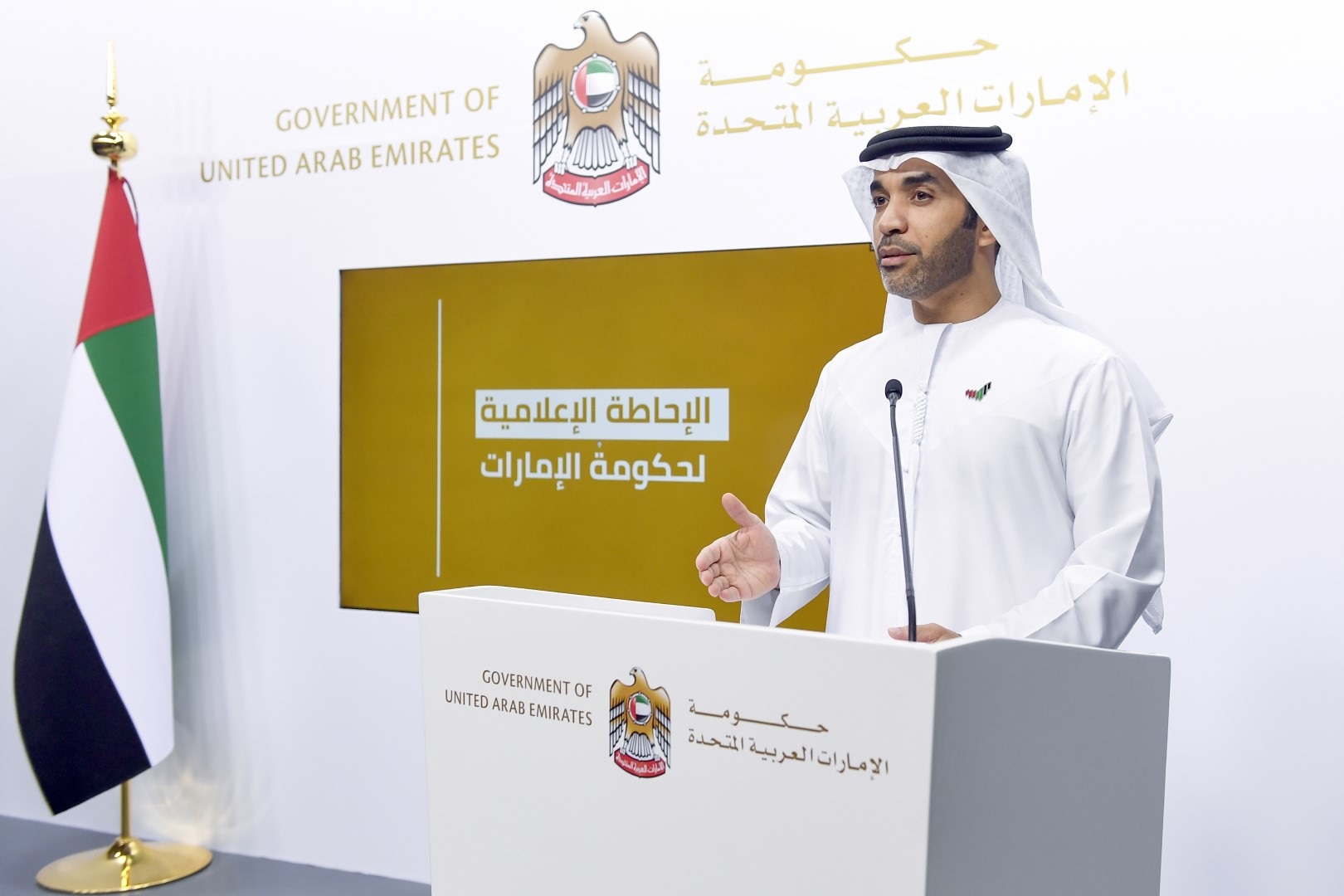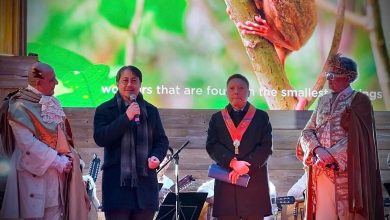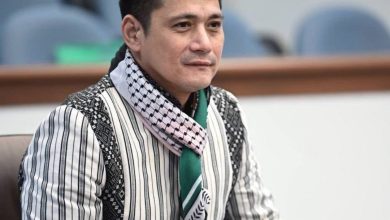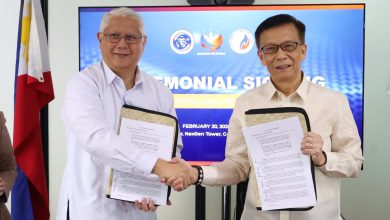Dr. Saif Al Dhaheri, the Official Spokesperson of the National Crisis and Emergency Management Authority (NCEMA), addressed the latest procedures and instructions related to preventing the spread of the virus during the Holy Month of Ramadan.
“Under the framework of community responsibility and considering the customs and traditions of the Holy Month of Ramadan, we are announcing, a series of procedures and instructions aimed at maintaining public health and safety during the Holy Month,” he said.
Al Dhaheri urged everyone to avoid large gatherings during Ramadan, as well as family visits and the distribution of meals between families, noting that only one family living in the same house can have iftar and suhoor meals together.
He also pointed out that family or organizational iftar tents or group iftars in public spaces will not be allowed, along with the distribution of iftar meals in front of houses and mosques, explaining that people who wish to distribute iftar meals may coordinate with charity associations, and Zakat and other donations may be donated online.
RELATED STORY: Ramadan likely to begin on April 14, Eid Al Fitr likely on May 13 – expert
The distribution of meals and in-kind donations will be limited to official and registered national charity organizations according to approved protocols, he further added, stressing that restaurants will be prohibited from distributing iftar meals inside or in front of their premises, and meals can only be distributed to workers’ accommodation through direct coordination between restaurants and the management of workers’ housing units in every area while respecting social distancing rules.
Regarding Tarawih prayers, Al Dhaheri stated that prayers can take place according to current precautionary controls and previous precautionary measures covering prayers, such as a 30-minute limit, noting that mosques will be closed immediately after prayers. Women’s prayer areas, services and health facilities, and outdoor prayer corners in mosques will be closed, he added.
Concerning night prayers during the last ten days of the Holy Month, he further said that the situation will be assessed at that time and current procedures will be updated accordingly, but religious sessions in mosques shall be suspended, noting that people may participate in lectures and religious sessions virtually via smartphones.
READ ON: Ras Al Khaimah issues measures on iftar, family gatherings for Ramadan 2021
“We urge everyone to cooperate and adhere to relevant procedures and instructions. Intensive inspection campaigns will take place during the Holy Month, and whoever violates declared procedures, whether individuals and institutions, will be subject to legal action,” he stressed.
“The pandemic has created a new reality, but we can enjoy the spiritual atmosphere of the Holy Month while adhering to the precautionary measures. We can still be in contact with our loved ones despite social distancing via social media and digital platforms. Elderly people and those with chronic diseases should avoid gatherings,” he further added while urging the public to get their information from official credible sources and refrain from circulating rumors.
Procedures in the current national protocol may be amended according to the local and global health situation, Al Dhaheri stated while encouraging everyone to adhere to the precautionary measures and to get inoculated.




